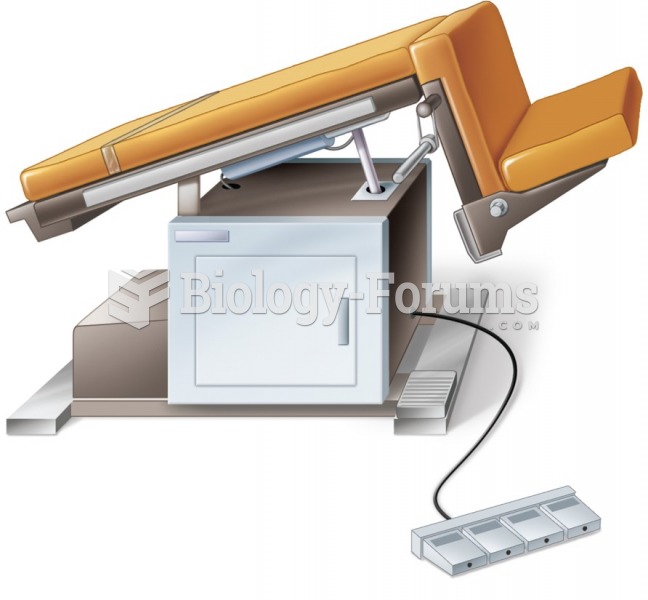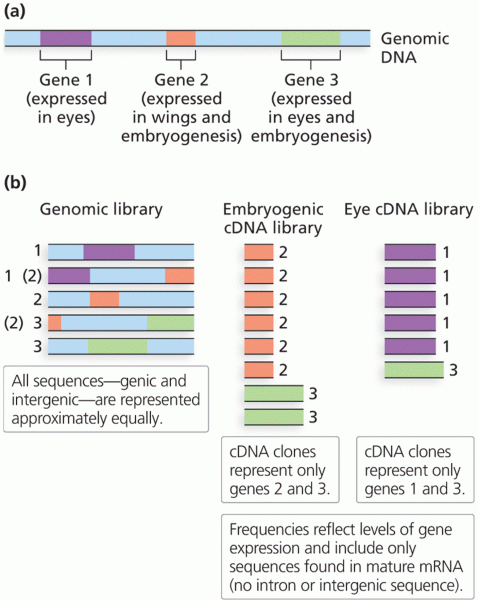When should an examiner do a physical examination versus a logical examination, or both?
What will be an ideal response?
Question 2
Match the word in Column 1 to its definition in Column 2. Each answer can only be used once.
Column 1 Column 2
1. Analog A. A software mechanism that defines the way files are named, stored, organized, and accessed
2. Architecture B. Communication channel that can provide higher speed data communication than a standard telephone circuit
3. Broadband C. A term describing a wireless Local Area Network
4. CDMA (Code Division Multiple Access) D. A system for determining position by comparing radio signals from several satellites
5. File System E. A set of standard for second generation cellular networks
6. Geolocation F. The traditional method of modulating radio signals so that they can carry information
7. GPS (Global Positioning System) G. A custom designed program that controls the components of mobile devices and facilitates how they function
8. GSM (Global System for Mobile Communication) H. A duplicate of data located on a mobile device
9. Logical Extraction I. A spread spectrum technology for cellular networks
10. Operating System J. A snapshot of the file system of a mobile device
11. Physical Extraction K. The basic components of a mobile device
12. SIM card L. Assessment of actual geographical location of a mobile device
13. SD Card M. The smart card that is inserted into a mobile device that identifies the user account to the network, handles authentication, and provides storage for basic user data and network information
14. SMS (Short Message Service) N. A cellular network facility that allows users to send and receive text messages
15. Wi-Fi O. Storage expansion card for a mobile device







